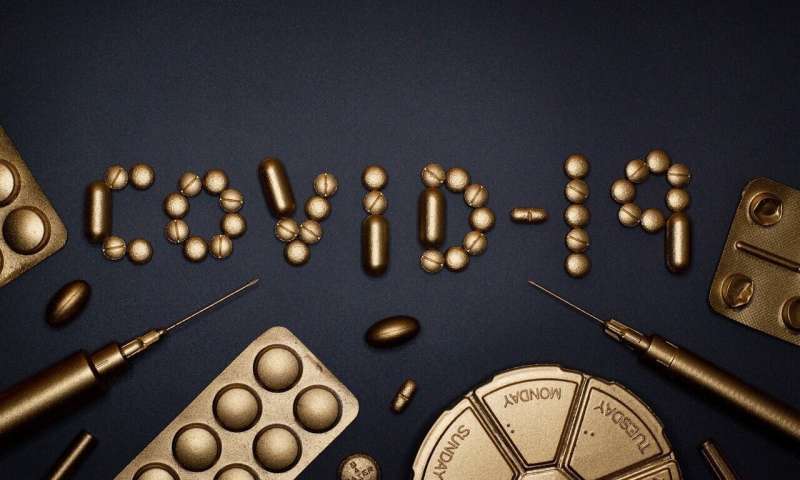
A top Swiss medical association has sounded the alarm over saturated intensive care units across Switzerland as the second wave of COVID-19 infections takes a heavy toll.
“Swiss intensive care units are at the limit of their regular bed capacity,” the Swiss Society for Intensive Care Medicine (SSMI) warned in a statement issued Tuesday.
It said the 876 ICU beds for adults that it certifies across the wealthy Alpine nation “are practically all full”.
More beds have meanwhile been added, and the Swiss military has been called in to support efforts in several cantons.
Andreas Stettbacher, the Surgeon General of the Swiss Armed Forces, told media on Tuesday that the total number of intensive care beds in the country was now above 1,100, but warned they were at 80 percent capacity.
At the same time, the number of COVID-19 patients in ICUs across Switzerland has soared from 148 at the end of October to 543 on Tuesday, he said.
Switzerland emerged relatively unscathed from the first wave of COVID-19 infections in the spring, but has been heavily impacted by the second wave, with hospitals pushed to the brink.
The country of 8.5 million people passed 10,000 cases per day several times earlier this month, and stricter measures, including the closure of restaurants and shops in some areas, have seen the numbers drop somewhat.
On Wednesday, Switzerland registered more than 6,000 new cases and 84 new deaths, bringing the total since the start of the pandemic to nearly 280,000 confirmed cases and 3,377 deaths.
Swiss authorities have voiced concern over a spike in excess deaths among the elderly.
During the first week of November, 1,702 people aged over 65 died from causes including COVID—50 percent more than normal for the age group.
SSMI said it was essential to postpone all non-urgent medical procedures to avoid overwhelming hospitals.
The organisation also urged everyone, but especially those with a high risk of developing severe COVID-19, to draft directives such as whether they wish to receive prolonged life-support if they fall critically ill.
Source: Read Full Article
